Himalayan red Buransh flowers useful against SARS-Cov-2 viruses: study
Himalayan red Buransh flowers useful against SARS-Cov-2 viruses: study
Encouraging results emerged later from the red Rhododendron arboreum, locally popular as Buransh, which was taken up for further analysis.
A group of biologists at Indian Institute of Technology (IIT) – Mandi has claimed to have stumbled upon a Himalayan flowering tree possessing antiviral properties with a potential to be used in the treatment against SARS-CoV2.
“We had some knowledge about the medicinal plants and started documenting phytochemical molecules of rare and endangered plants growing in the Himalayas. Initially, the idea was to create a library which will be useful for future therapeutic purposes, food industry, nutrition purposes, etc. But it was during the 2020 lockdown forced by the Covid-19 pandemic that we decided to look deeper at those molecules that were already documented,” said plant biologist Shyam Kumar Masakapalli, who, along with his team at the School of Basic Science, has been involved in studying rare and endangered plants in the Himalayas since 2019.
Their study was published in the journal Biomolecular Structure and Dynamics.
During the course of their research, the IIT Mandi team scanned through a number of plants for their phytochemical molecules and properties through computational simulation tests but did not succeed initially. As many as 20 plant molecules shortlisted failed. But encouraging results emerged later from the red Rhododendron arboreum, locally popular as Buransh, which was taken up for further analysis.
At this stage, the IIT researchers reached out to their collaborators, Dr Sujatha Sunil and Dr Ranjan Nanda at the International Centre for Genetic Engineering and Biotechnology (ICGEB), Delhi. Collectively, the scientists performed experiments using hot water extracts of the Buransh flower.
“The cells infected with SARS-Cov2 virus, when subjected to this specially prepared Buransh flower extract in a dose-dependent manner, were kept under an incubation of 48 hours. It was found that the viral multiplication was affected. At a concentration of 1 mg/ml, nearly 80 per cent inhibition was achieved,” said Masakapalli, Associate Professor of BioX Centre at IIT-Mandi.
Dr Sunil said, “A combination of phytochemical profiling, computer simulations and in vitro antiviral assays showed that extracts from the Buransh petals inhibited the replication of the Covid-19 virus in a dose-dependent manner.”
Dr Nanda called the flower a promising candidate against the Covid-causing virus.
Powered by:
@AnandDewangan

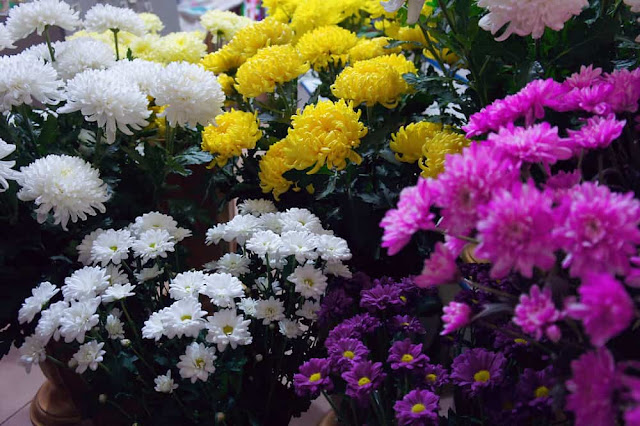
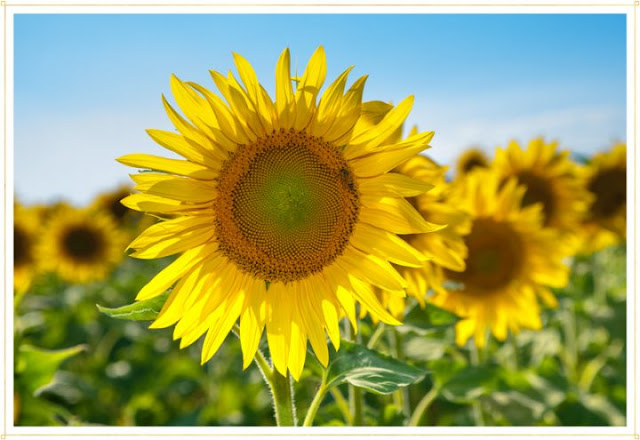
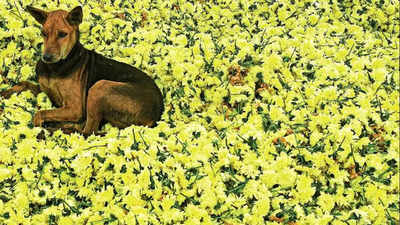
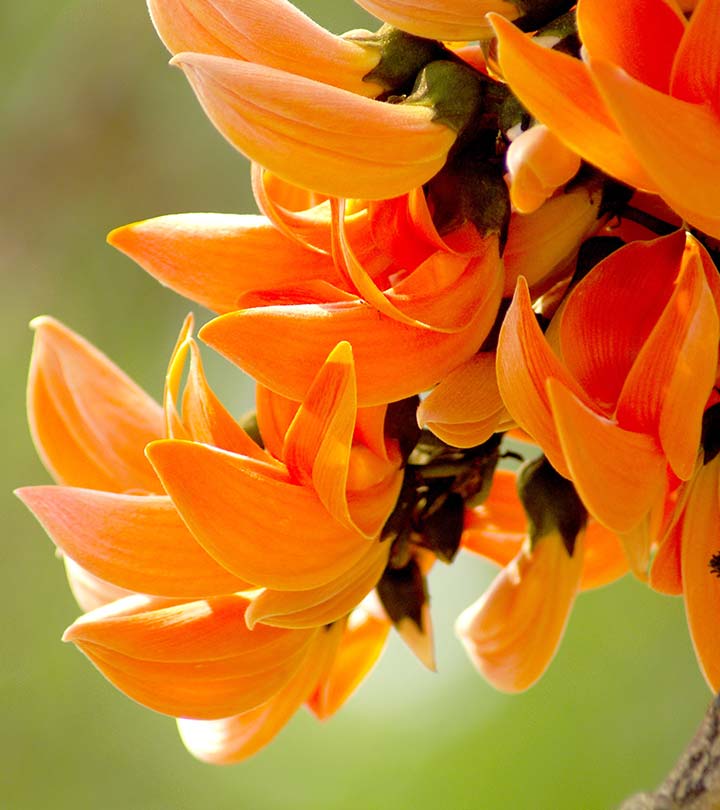

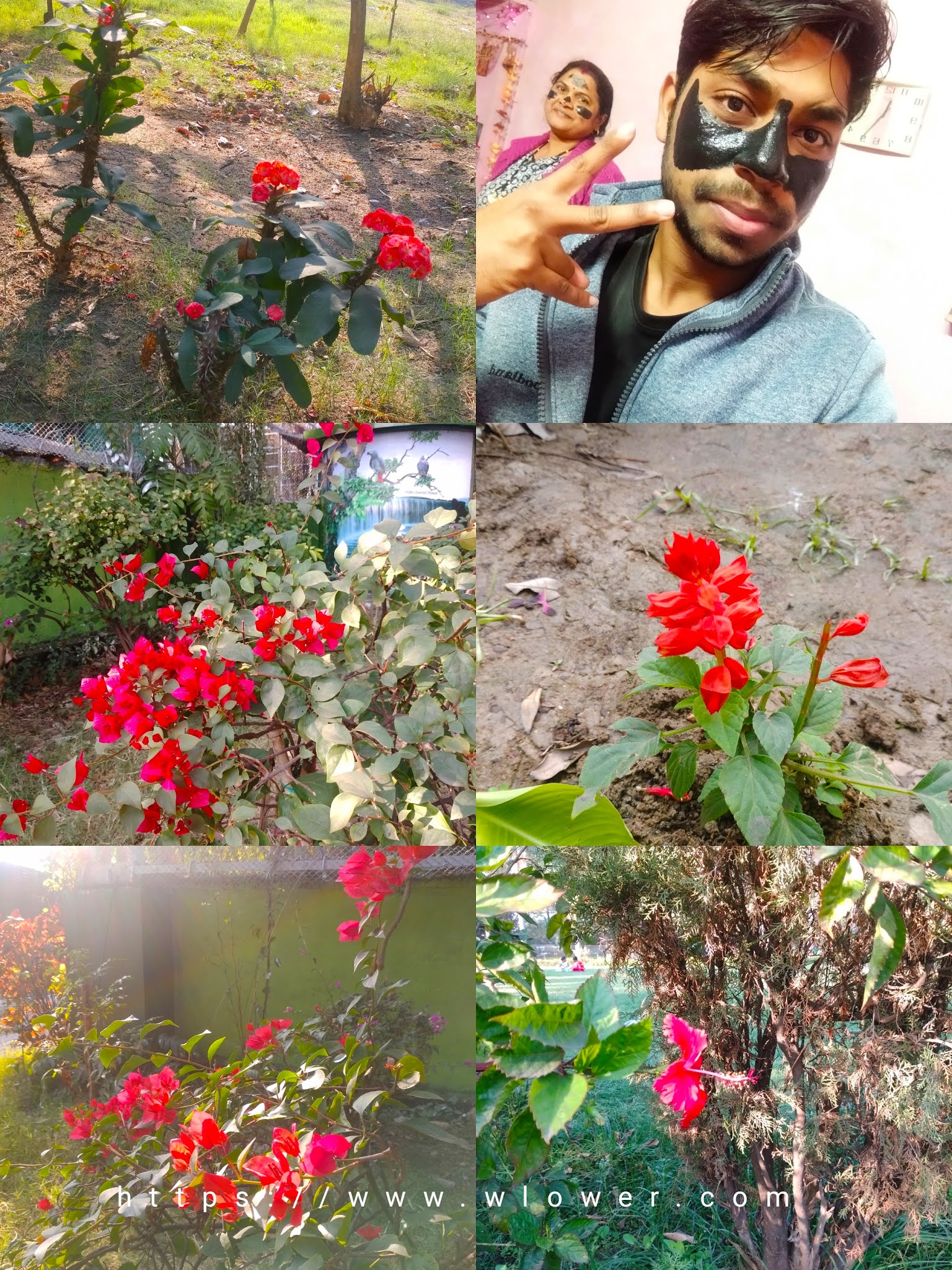
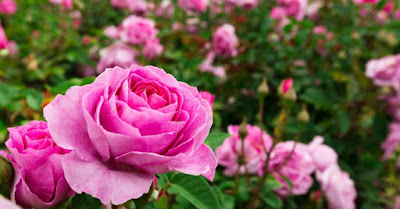
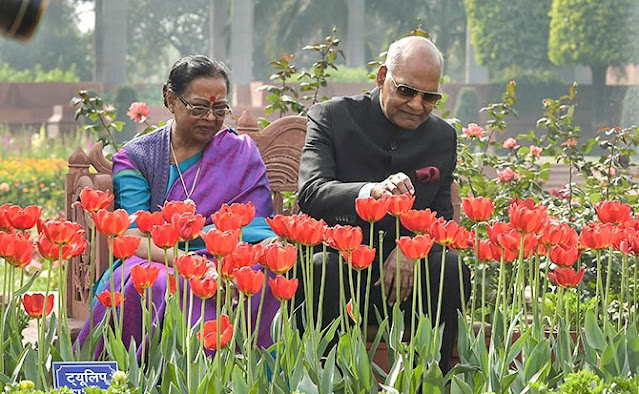

Comments
Post a Comment
If you have any doubts, Please let me know